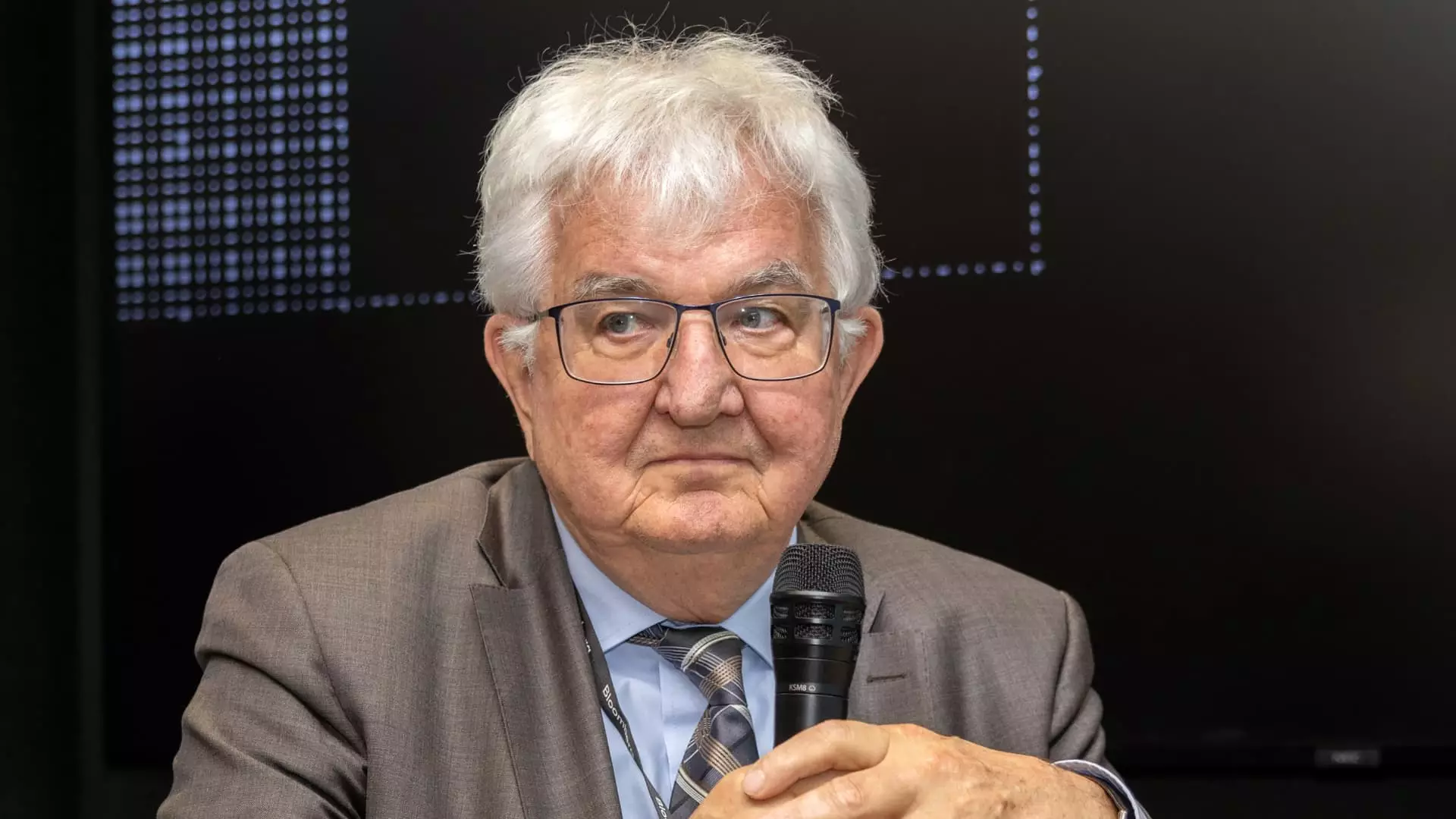Austria’s central bank governor and member of the European Central Bank’s Governing Council, Robert Holzmann, has indicated that the ECB may not implement any interest rate cuts throughout the entirety of 2024. This news may come as a disappointment to market expectations, with some anticipating a rate cut as early as April. In an interview at the World Economic Forum in Davos, Holzmann emphasized the need to avoid discussing such cuts, as recent indicators suggest a different direction. Additionally, he argued that unless there is a clear decline in inflation towards the ECB’s target of 2%, no announcement regarding rate cuts can be made. This article delves into Holzmann’s reasoning and examines the potential implications of this stance.
According to Holzmann, recent weeks have provided evidence indicating that interest rate cuts may not be necessary in the near future. One key factor is the rise in headline inflation in the euro zone, reaching 2.9% in December, surpassing the ECB’s target rate. This increase is primarily attributed to escalating energy prices. Holzmann’s stance is that as long as inflation remains at this level or higher, there is no immediate urgency to implement rate cuts.
Holzmann’s position on interest rate cuts is in line with his reputation as one of the more hawkish members of the ECB’s Governing Council. In a recent survey by InTouch Capital Markets, he ranked highly in terms of holding a more stringent approach to monetary policy. This suggests that Holzmann prioritizes maintaining stability and preventing potential risks associated with cutting rates prematurely.
Geopolitical Concerns
Another aspect influencing Holzmann’s cautious stance is the potential impact of geopolitical changes. Specifically, he highlighted the ongoing Israel-Hamas conflict, which has expanded to include Lebanon’s Hezbollah and Yemen’s Houthis. Holzmann expressed concern that such conflicts could have long-lasting effects on businesses and structural changes, which may result in future price changes. This combination of factors could further complicate the ECB’s efforts to bring inflation down to the target rate.
Despite market expectations for interest rate cuts, Robert Holzmann’s remarks suggest that the European Central Bank may not implement any such measures throughout 2024. The rise in inflation and geopolitical uncertainties are key factors contributing to this stance. While disappointing for some, it appears that the ECB is taking a cautious approach to the delicate balance between stability and addressing inflation concerns. As the year progresses, it will be interesting to observe how the central bank navigates these factors and what implications this decision may have on the euro zone’s economic landscape.


Leave a Reply